Genomics and Precision Health Posts
Predictive Analytics, Implementation Science, Precision Medicine and Precision Public Health
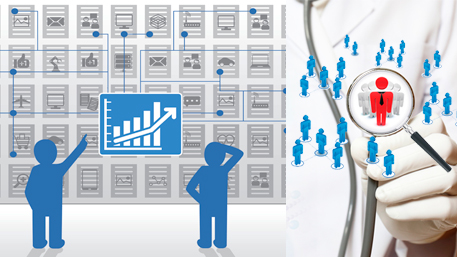
This blog is a summary of our recent paper based on a multidisciplinary workshop convened by the National Heart, Lung, and Blood Institute to explore enhancement of predictive analytics for implementation research. The use of predictive analytics in precision medicine (the right intervention to the right patient at the right time) is well established. The Read More >
Posted on byToward More Precision in Implementation Science in the Age of COVID-19
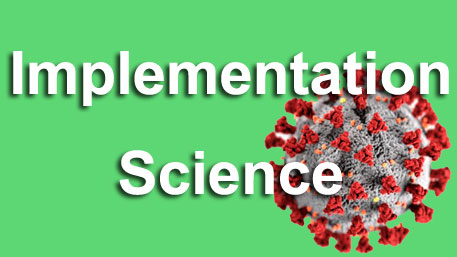
Implementation science (IS) is “the study of methods to promote the adoption and integration of evidence-based practices, interventions, and policies into routine health care and public health settings to improve the impact on population health.” The various factors that must be taken into consideration in designing, conducting, and evaluating IS studies dictate an inherent “precision” Read More >
Posted on byFrom Precision Medicine to Precision Public Health: Beyond the Pandemic
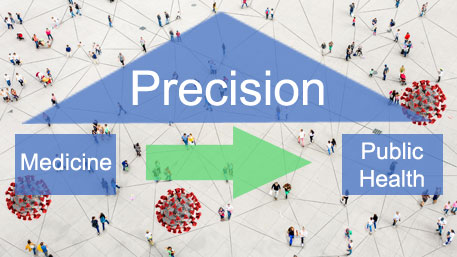
Precision medicine and precision public health are emerging fields that use genomics and other big data technologies to provide more targeted interventions at the individual and population levels. Precision medicine can be thought of as delivering the right intervention to the right individual at the right time, while precision public health can be simply viewed Read More >
Posted on byAccelerating Precision in Public Health Surveillance and Response
When our communities face a health crisis, the research, clinical, and public health worlds come together and collaborate. Public health programs drive toward prevention, diagnosis, and treatment of the population, but they need the support and guidance of data-driven research behind them every step of the way. While most of the data needed to accelerate Read More >
Posted on byGenetic Counseling in the Time of COVID-19

Genetic counselors play an important role in clinical genetics by helping patients understand their genetic health risks. Due to the COVID-19 pandemic, most clinics and hospitals have restricted in-person delivery of non-essential healthcare services, including genetic counseling, to slow the spread of the virus. However, delaying genetic counseling can be problematic, for example, when genetic Read More >
Posted on byImplementation Science to Improve Case Finding, Cascade Screening, and Treatment for Familial Hypercholesterolemia: A Prototype for Precision Public Health Research
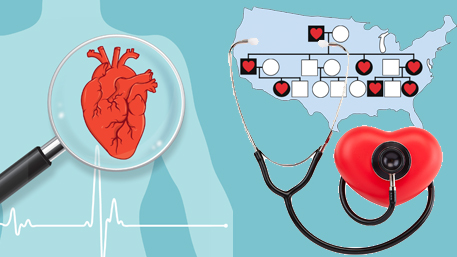
Familial Hypercholesterolemia (FH) is a common genetic disorder, affecting more than 1 million people in the United States. FH causes lifelong high levels of low-density lipoprotein cholesterol, and if untreated, leads to a high risk of premature coronary heart disease. Most patients with FH are undiagnosed or inadequately treated with regular or high-intensity statins, leaving Read More >
Posted on byHow Can Evidence Synthesis be Conducted at the Speed of a Pandemic?
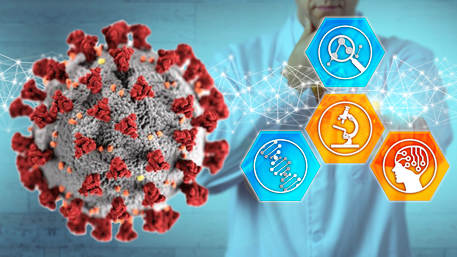
Since December, 2019, SARS-CoV-2, the virus that causes COVID-19, has rapidly spread around the world. The global pandemic has led to numerous scientific publications in basic, clinical and public health science and increased pressure to act on evidence as it emerges. Typically, research is done to inform decisions over time and is disseminated to the Read More >
Posted on byThe Public Health Impact of COVID-19: Why Host Genomics?

Throughout human history, zoonotic pandemics have periodically resulted in catastrophic human morbidity and mortality exceeding war, famine, and natural disasters combined. Modern era medicine and public health have made remarkable advances, but vulnerabilities have also increased with unprecedented world population growth, greater interaction with wildlife, and the dramatic expansion of international air travel. Viral diseases Read More >
Posted on by 1 CommentUsing Digital Technologies in Precision Public Health: COVID-19 and Beyond

With the global spread of COVID-19, there is a proliferation of scientific information and publications that use novel approaches such as genomics and precision health tools (e.g., big data, wearables, and digital devices) in surveillance and epidemiologic investigations. Could these new technologies provide added value to traditional approaches? In the past, we have written about Read More >
Posted on byManipulating the Human Microbiome for Precision Public Health: Prospects and Challenges
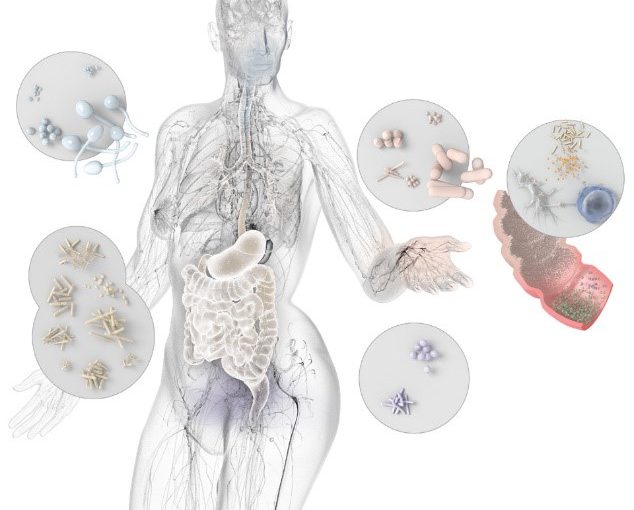
Spotlight on the Human Microbiome The human microbiome has a crucial role in driving public health science and initiatives towards more “precision”. In a recent viewpoint and podcast, Harkins, et al. discuss the potential and current applications for manipulating the human microbiome for disease prevention and management. The authors describe several examples of microbiome manipulation Read More >
Posted on by